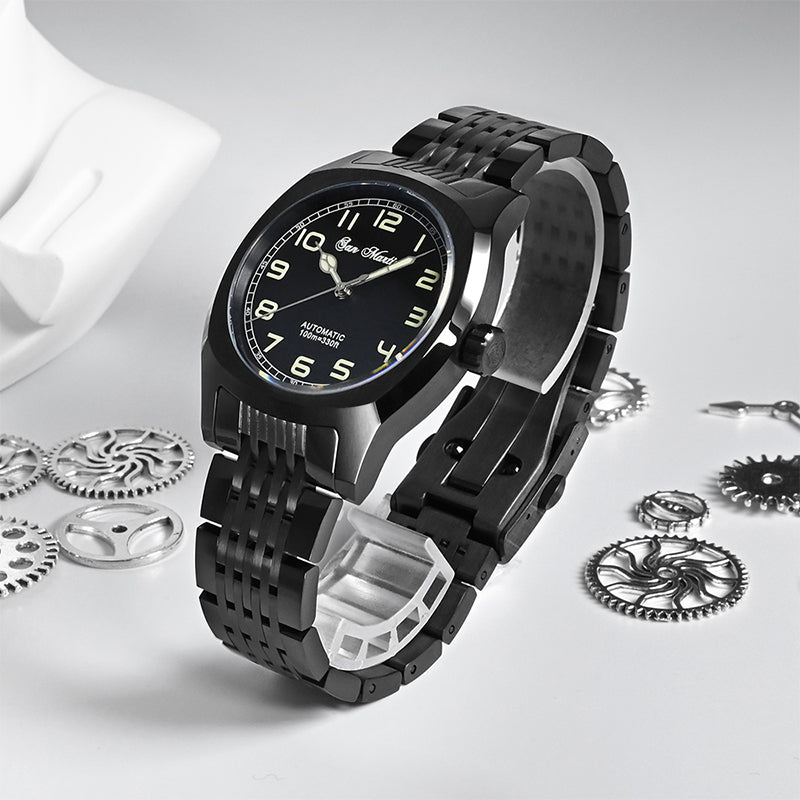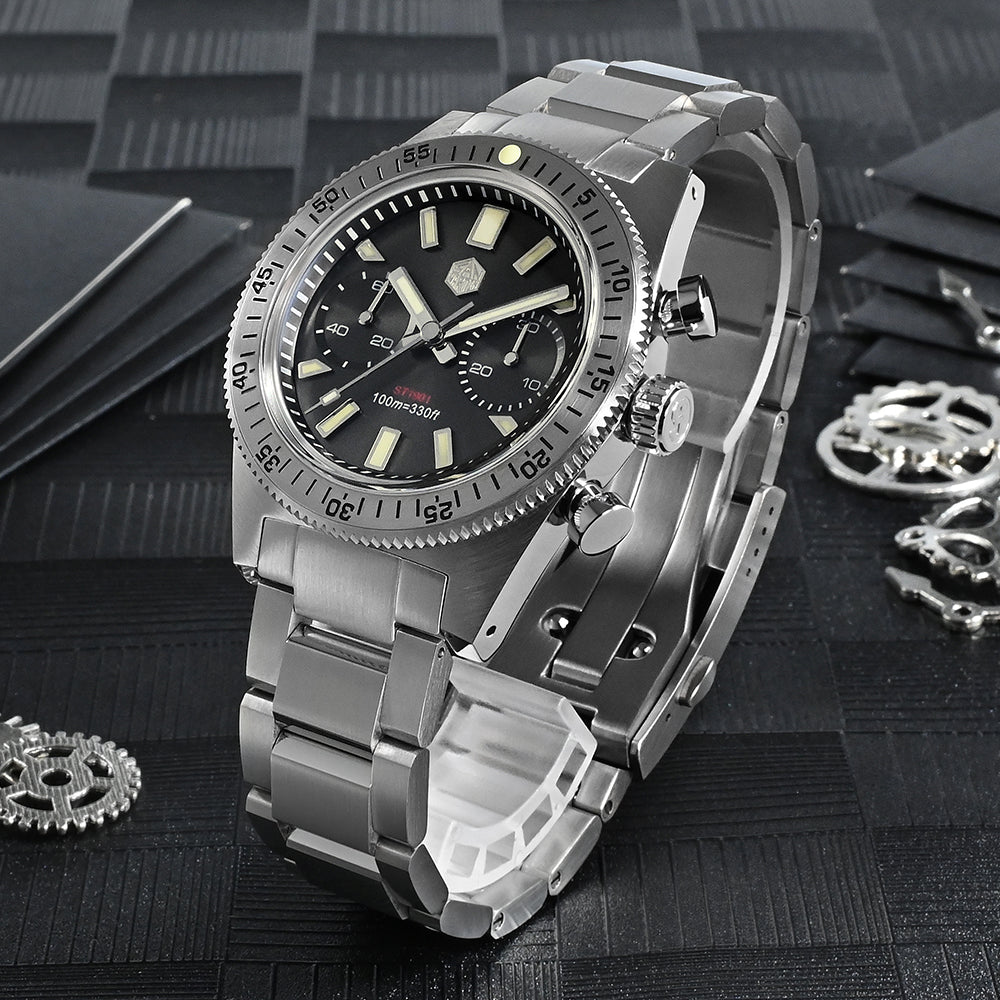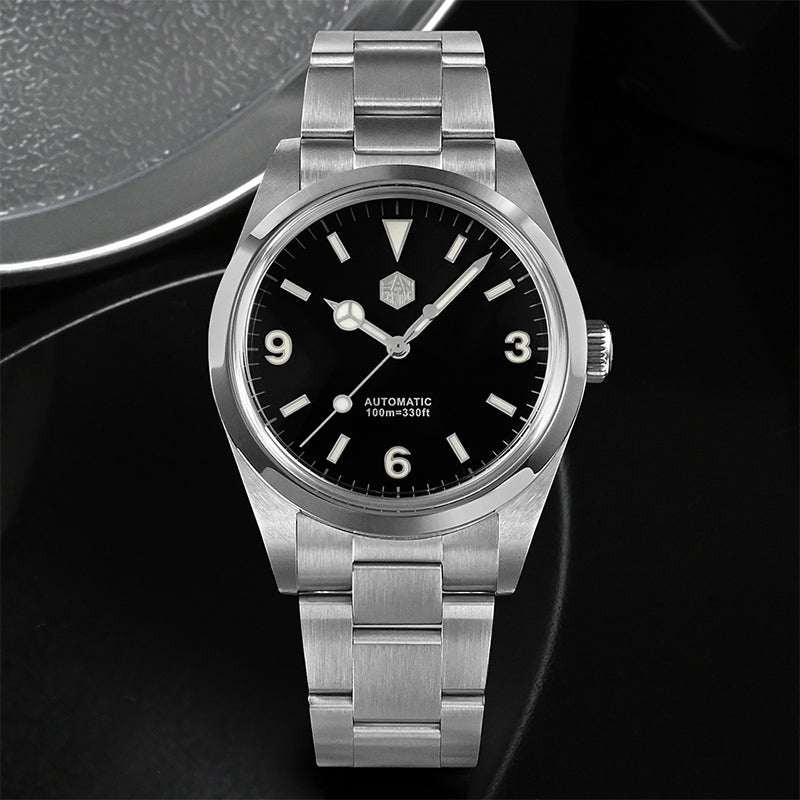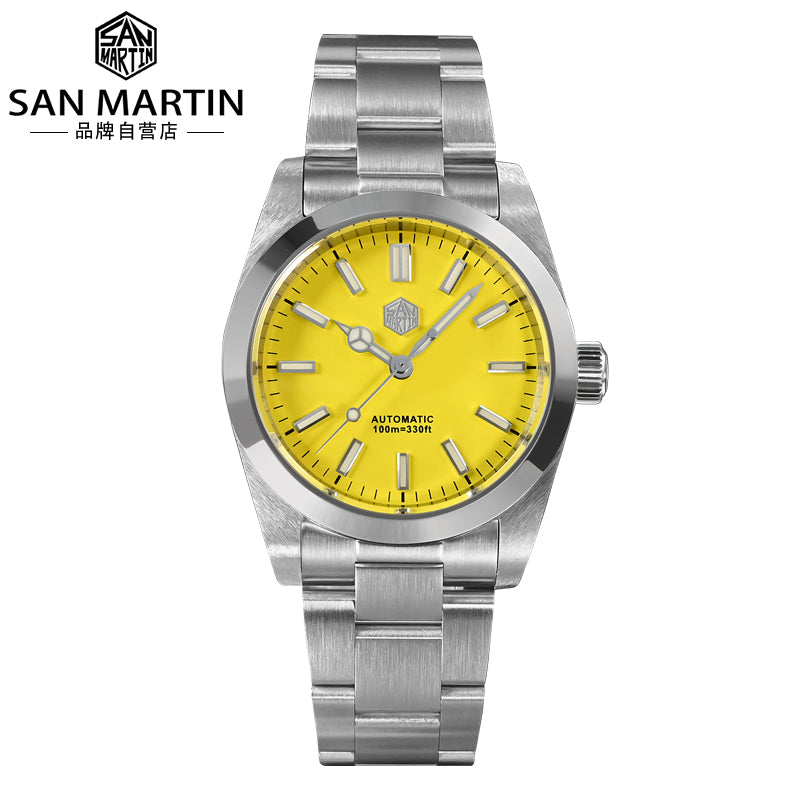Have you ever wondered why your automatic watch came to a screeching halt? While it's likely frightening to see your watch stop ticking, this is a fairly common occurrence for watchmakers.
Frequently, customers complain that their watches suddenly stopped working after hours of proper operation. Additionally, there are times when the dial displays an incorrect time in the morning because it was stopped last night.
While this type of scenario is not unfamiliar to watchmakers, it is critical to understand why it occurs and what the possible causes are. This article will discuss the possible causes of your automatic watch ceasing to function.
EVALUATION OF THE WATCH
If you believe your automatic watch has come to a halt, check the timepiece first, as it may simply be experiencing a brief pause due to inactivity. You can gently swing it off and check to see if it works again.
Additionally, you can wind the watch a few times to see if it works again. In other words, evaluate the watch and perform some basic troubleshooting procedures. If, however, it is a quartz watch, the issue may be with the battery.
If, however, the watch continues to malfunction following the assessment, the following are possible causes.
• Unscrewed Screw

A loose screw is one possible cause of your watch ceasing to function. The loosened screw is most likely obstructing the timepiece's internal mechanism, bringing the movement to a halt.
This is a common occurrence, as even normal hand and wrist motion can loosen a screw. If you have any reason to believe this is the case, seek assistance from an authorized watch repairman and have your timepiece inspected.
Additionally, if you are constantly engaged in strenuous sports such as golf, your watch is prone to develop loose screws.
• Defective Mainspring

Any timepiece would be incomplete without a mainspring. It is likely that 90% of the spring will be torn due to natural aging factors or excessive clamping pressure.
Automatic watches incorporate a mechanism that prevents the rotor from becoming overtightened. The proclivity of an antique timepiece to reach its maximum tension is quite high. If this occurs, the spring will snap and, if left unattended, may cause permanent damage to your watch.
• Improper winding procedure

This is associated with a defective winding mechanism, which may have been a factor in the rotor impact. When winding a watch, it is critical to avoid overwinding it in order to avoid damaging the rotor. Otherwise, you risk damaging your timepiece by over-winding it.
• Dirt on the Movement Is Blocked

Every timepiece should be serviced at least once every few years. Blockages caused by dirt and dust are most likely to occur if the watch has not been serviced.
To avoid this, make a point of having your watch checked and cleaned by a professional repairman on a regular basis. At the very least, you can avoid dust accumulation, which can eventually damage the watch's rotor.
Watches are also machines. While a watch is subject to wear and tear, if left unnoticed, it can further damage the rotor and cause the timepiece to malfunction permanently.
Thus, if your watch suddenly stops in the middle of the day, use this guide to check for possible causes.
